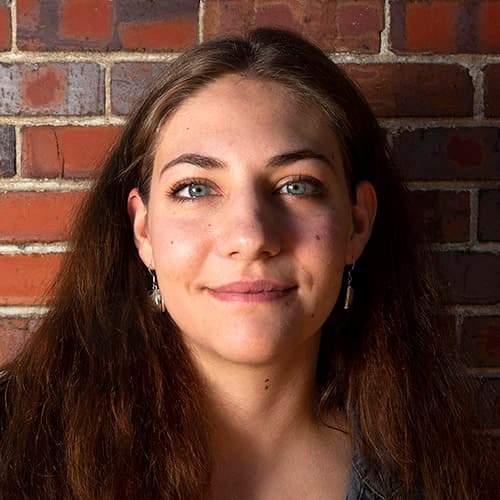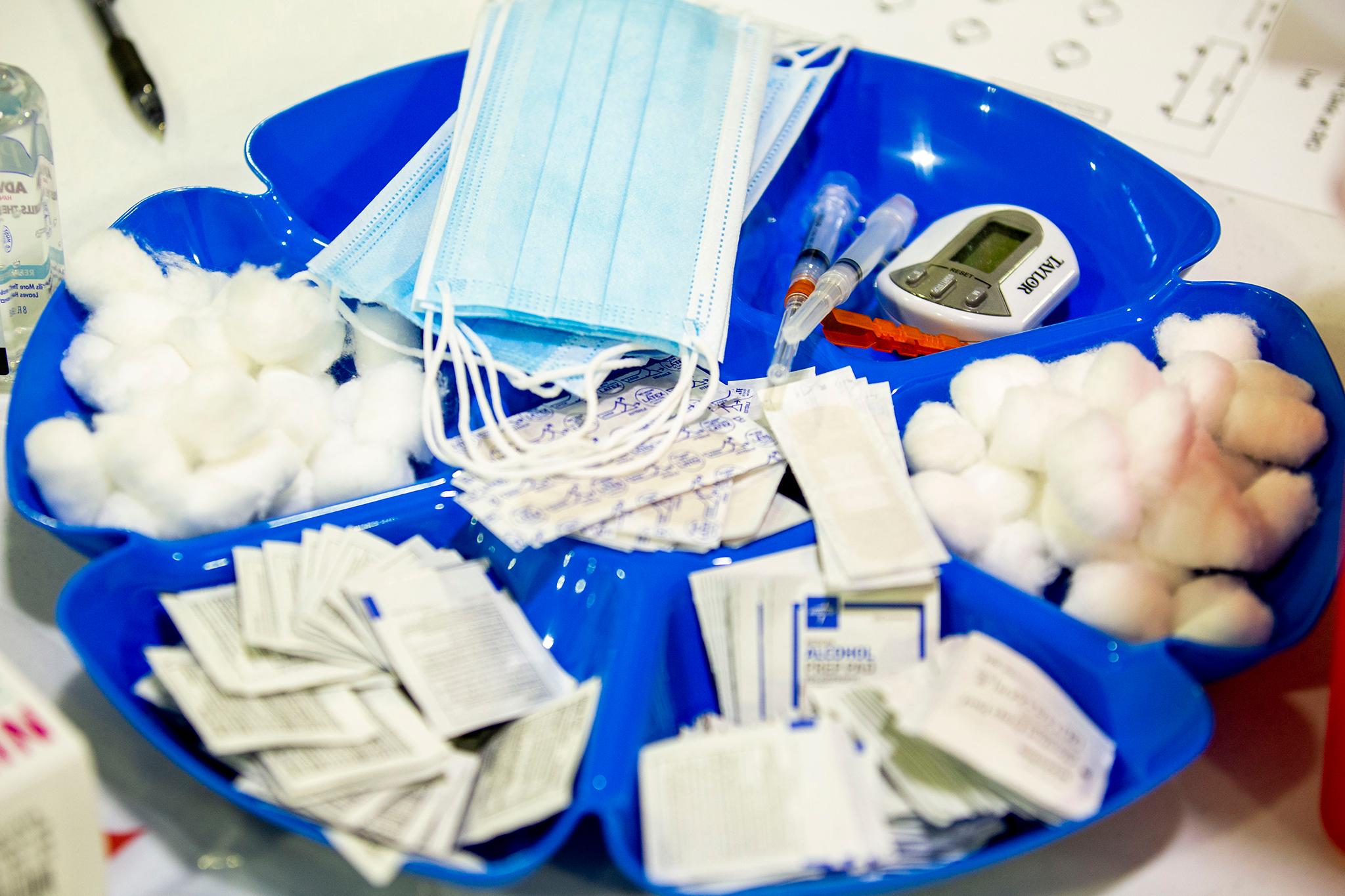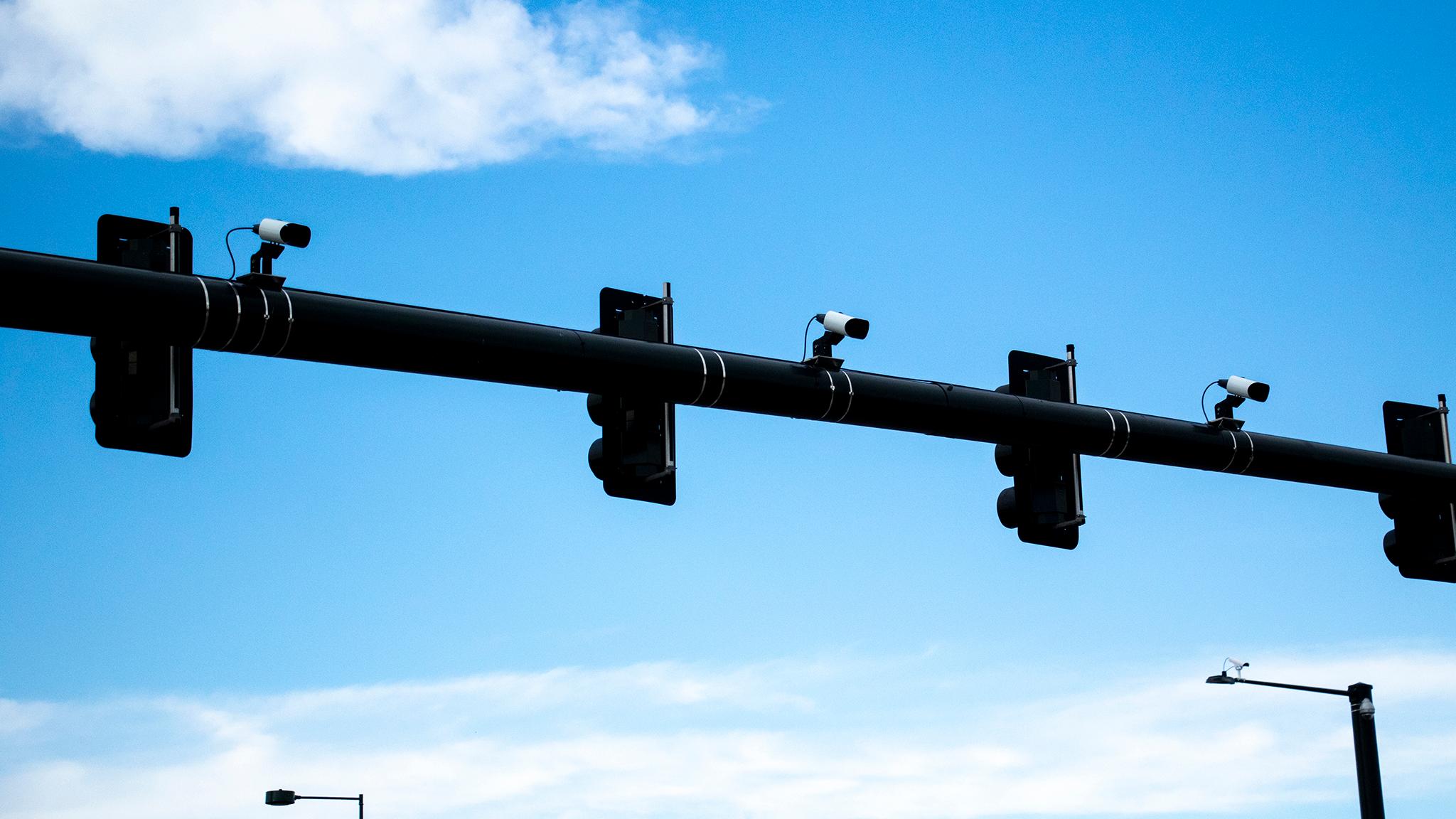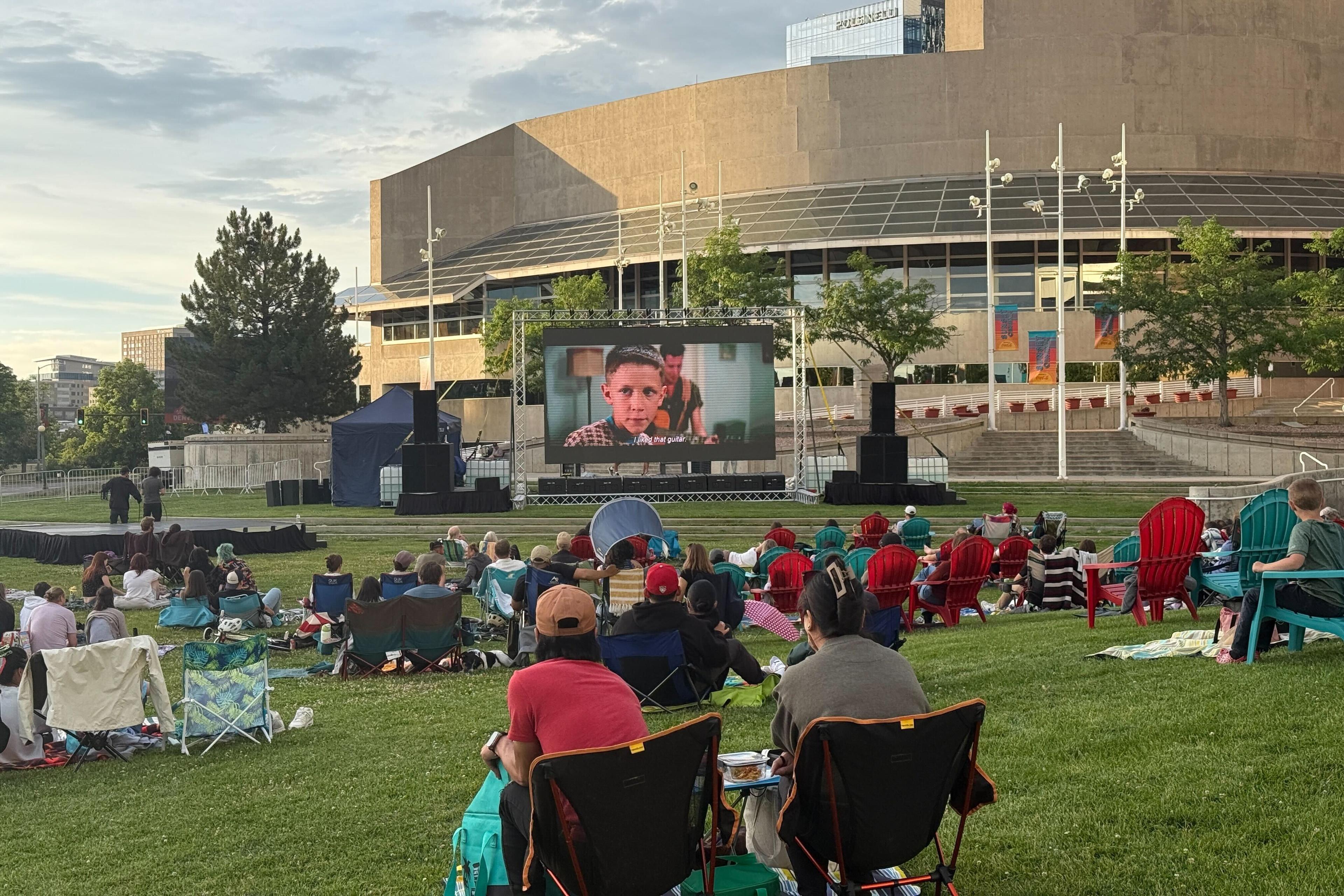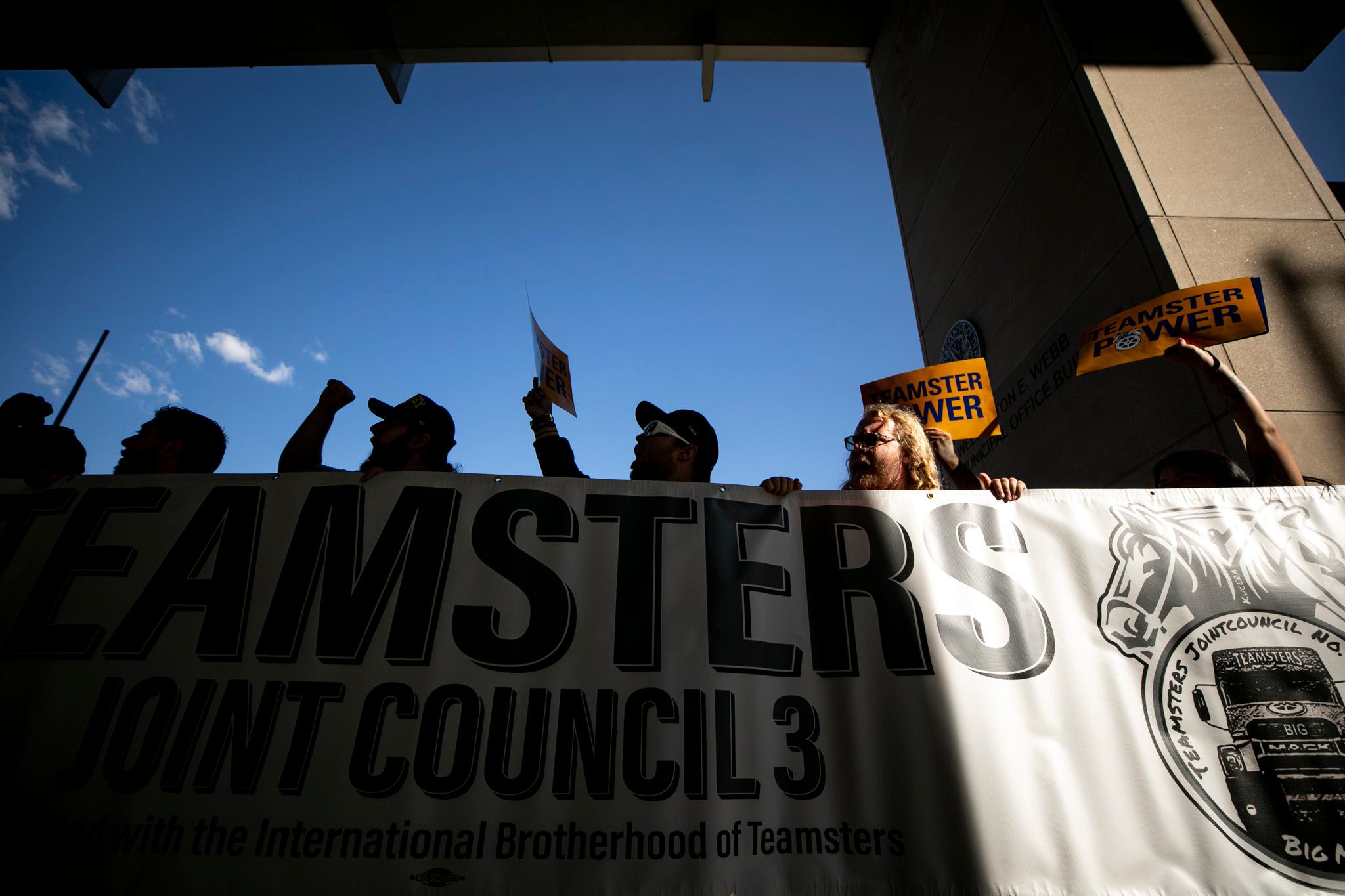Monoclonal antibody treatments, or the lab-grown antibodies that are highly effective for fighting COVID-19, are coming to more locations in Denver.
One of the state's five mobile clinics is now stationed outside of Tepeyac Community Health Center until at least Dec. 23. The treatments are designed for high-risk patients who have already tested positive for coronavirus. The treatments have been reported to be around 70% effective in preventing hospitalizations -- a game-changer for Colorado's already precariously overburdened hospital system.
Anyone in Colorado with a positive COVID-19 test result and another co-existing health condition or other factors, such as being over the age of 65, may now be eligible for the treatment even without a doctor's referral. This all comes almost exactly one month after Gov. Jared Polis began promoting the use of the treatment.
Anne Long was at Tepeyac's mobile clinic on Monday with her son Hugh to get her first monoclonal antibody treatment.
After testing positive last Tuesday, she had only a few days left to get treatment in the optimal ten-day window, although the sooner the monoclonal antibodies are administered, the better, experts say.
She said the vaccine had staved off some of the worst symptoms but admitted she was experiencing brain fog and exhaustion.
Hugh, as well as his wife, Lisa Cone, received monoclonal antibody treatments when they tested positive back in October. The couple, both in their fifties, are also vaccinated.
"We like to say we got the vaccinated version of COVID, and it still kicked my a**," the younger Long said. He likened getting the monoclonal antibody treatment to taking "aspirin when you have a headache. It's not fixing whatever gave you the headache, but it makes you feel better."
He said before his antibody transfusion, even standing to cook a meal was difficult. Afterwards, he and his wife could better take care of one another. His wife's test results were especially alarming because of her Parkinson's diagnosis.
It can take up to an hour to administer a dose of antibodies, and then patients must wait for another hour of monitoring by a health professional to check for allergic reactions.
"Staffing has been a limitation, including for our health center to have the monoclonal antibody therapy," Pamela Valenza, the Chief Medical Officer at Tepeyac, said. "We just don't have the support staff or adequate staffing to provide that therapy on top of our other services that we're providing."
That's why the bus sitting outside Tepeyac has been so important, she said. The community health center is still a state testing site, so patients can receive their results and immediately sign up for monoclonal antibody treatments if they qualify.
Besides Tepeyac, Denverites can now receive monoclonal antibody treatments at Denver Health Federico F. Pena Urgent Care, National Jewish Health or at the Kaiser Permanente Regional Office. Other locations can be found here.
